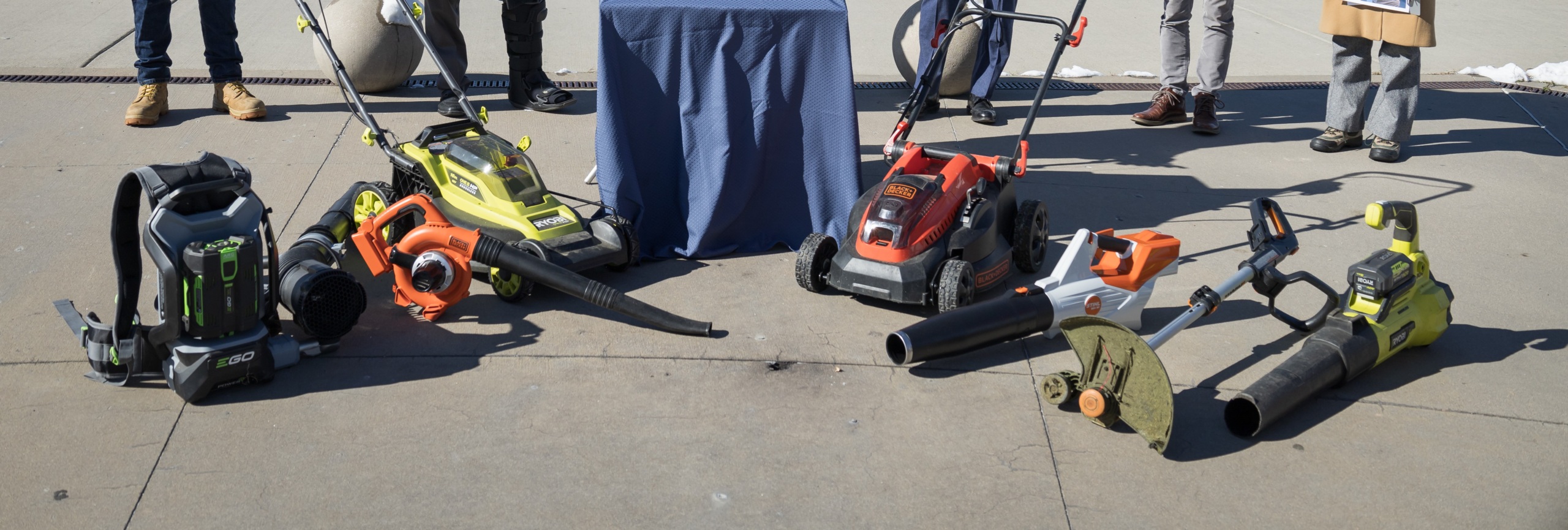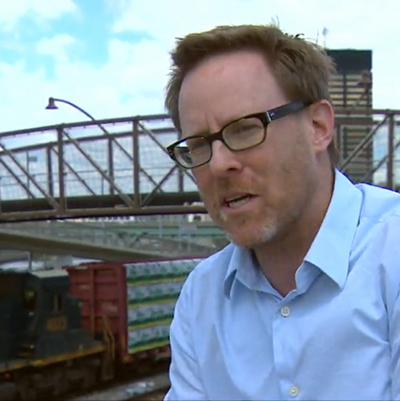
PennEnvironment’s record-breaking legal victory against U.S. Steel
$42 million settlement of Clean Air Act enforcement suit doles out the largest penalty of its kind in state history and will upgrade Clairton plant, reduce emissions, and create public health funds
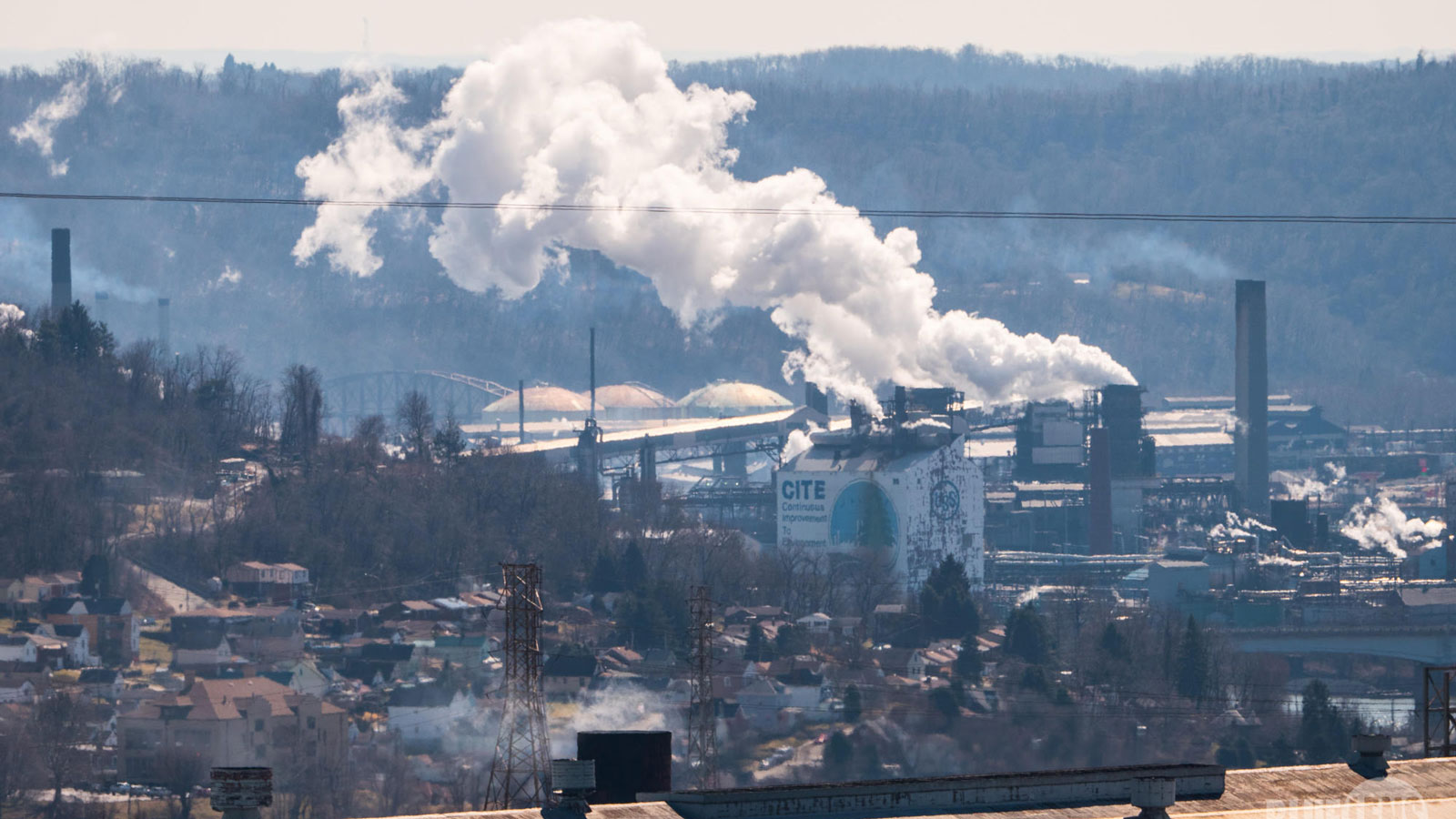
Exciting news: after nearly five years of legal wrangling, PennEnvironment and our partners at the National Environmental Law Center and Clean Air Council have reached a historic settlement of our Clean Air Act lawsuit against three polluting facilities owned and operated by U.S. Steel company in Pittsburgh–the Clairton Coke Works and the Edgar Thomson and Irvin steel mills.
If the federal court, as expected, approves the agreement, U.S. Steel will pay a $5 million penalty — by far the largest in a Clean Air Act citizen enforcement suit in Pennsylvania history, and one of the three largest ever nationally. Most of the penalty money ($4.5 million) will fund public health projects directly benefiting Mon Valley communities suffering from poor air quality near the three U.S. Steel plants. U.S. Steel will also be required to make $37 million worth of upgrades to maintenance and pollution control at the Clairton Coke Works and retire one of the dirtiest parts of the facility.
This is a significant victory for the health of local residents. Not only will this settlement result in direct reductions in harmful emissions from the Clairton Coke Works, it will reduce the risk of future disasters at Allegheny County’s most-toxic industrial air polluter.
The Christmas Eve Calamity
Located south of Pittsburgh in the Monongahela Valley, U.S. Steel’s Clairton Coke Works is a behemoth facility that processes coal for use in the steelmaking process. It’s the largest facility of its kind in North America and ranked as the #1 Most-Toxic air polluter in Allegheny County on the PennEnvironment Research & Policy Center’s Toxic Ten. In 2020, the Clairton Coke Works spewed an astounding 1.1 million pounds of toxic air pollution linked to asthma, cancer, and other health problems—more than half of the 1.8 million pounds reported countywide from all industrial sources.
On Christmas Eve 2018, a catastrophic fire broke out at the Clairton Coke Works. It destroyed critical equipment at the facility that reduces the plant’s emissions of sulfur dioxide, a potent respiratory irritant linked to asthma, and benzene, which is a known carcinogen. Our lawsuit showed that the fire was caused by a chain reaction of mechanical and design failures that were completely avoidable, and resulted from decades of disrepair and problems long-known by U.S. Steel.
Following the fire, pollution levels coming from the plant skyrocketed. Sulfur dioxide pollution at the Clairton Coke Works spiked nearly 25 times higher than usual. Yet instead of shutting down the plant to protect public health and obey the law, U.S. Steel continued operating without pollution controls for more than 100 days, violating their Clean Air Act permits more than 12,000 times.
As the uncontrolled air pollution levels soared at the Coke Works, so too did health problems in nearby communities. Residents reported burning lungs and abnormally bad asthma attacks. “Traditional medicines, closing windows just didn’t seem to help,” one local resident told WESA. At least two health studies, one by the University of Pittsburgh and another by local asthma expert Dr. Deborah Gentile, found respiratory problems worsened significantly as a result of the pollution.
So, PennEnvironment took action. Working with our attorneys at the National Environmental Law Center (NELC) and recruiting our partners at the Clean Air Council (and later, the Allegheny County Health Department), we sued U.S. Steel for chronic violations of the U.S. Clean Air Act and their pollution permits. As Ashleigh Deemer, PennEnvironment’s Deputy Director, said when we filed the case: “No one, including U.S. Steel, should be allowed to jeopardize our health by running what amounts to a doomsday machine with no off-switch.”
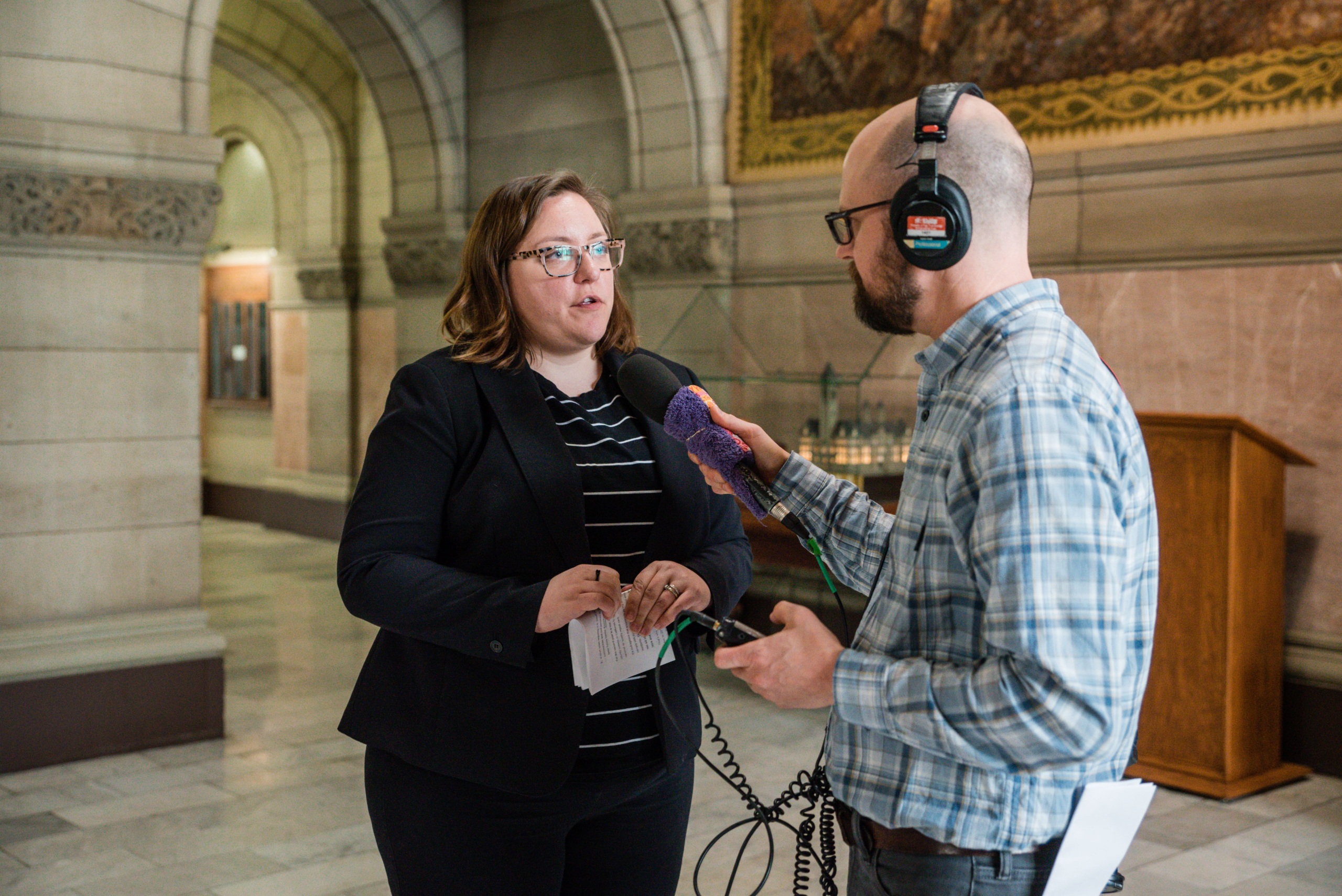
Reducing pollution from the Clairton Coke Works
To further reduce toxic emissions, U.S. Steel must permanently shut down coke Battery 15, which consists of 60 highly-polluting coke ovens. That amounts to more than 10% of the remaining coke ovens at Clairton Works. The closure of Battery 15 will ratchet down emissions of chemicals linked to cancer, asthma, cardiovascular disease, and other health problems.
U.S. Steel has also agreed to accept more stringent permit limits on the allowable amount of hydrogen sulfide in the coke oven gas it uses as fuel, which may further ratchet down pollutant emissions.
There will undoubtedly be more to be done to continue to watchdog the pollution from this behemoth Pittsburgh facility, and PennEnvironment will be there working to protect the local communities and reduce U.S. Steel’s pollution.
Protecting our air
Clean air is a right, not a privilege, guaranteed to all Pennsylvanians by our constitution. By standing up to U.S. Steel, PennEnvironment, the National Environmental Law Center, and the Clean Air Council have shown that Pittsburghers will not sit by while illegal air pollution rains down on nearby communities and the Pennsylvanians who live in them.
Topics
Authors
Zach Barber
Clean Air Advocate, PennEnvironment
Started on staff: 2016 B.S., Warren Wilson College Zach works to ensure that every Pennsylvanian has clean, healthy air to breathe. He leads our work to clean up industrial air pollution from Pittsburgh's Toxic Ten and rein in other polluters across the Commonwealth. Before taking over this role, Zach has also led work towards a more fair and open democracy, helping to register tens of thousands of underrepresented voters in Pennsylvania and Florida. When not working, Zach enjoys reading, watching Star Trek, and spending time with his cat, Taylor Swift.
David Masur
Executive Director, PennEnvironment
Started on staff: 1994 B.A., University of Wisconsin-Madison As executive director, David spearheads the issue advocacy, civic engagement campaigns, and long-term organizational building for PennEnvironment. He also oversees PennPIRG and other organizations within The Public Interest Network that are engaged in social change across Pennsylvania. David’s areas of expertise include fracking, global warming, environmental enforcement and litigation, and clean energy and land use policy in Pennsylvania. David has served on the environmental transition teams for Gov. Tom Wolf and Philadelphia Mayor Jim Kenney. Under David’s leadership, PennEnvironment has won the two largest citizen suit penalties in Pennsylvania history against illegal polluters under the federal Clean Water Act and the largest citizen suit penalty under the federal Clean Air Act in state history.
Josh Kratka
Senior Attorney, National Environmental Law Center
As a senior attorney with the National Environmental Law Center, Josh has secured major reductions in air and water pollution. He is the recipient of the Massachusetts Association of Trial Attorneys Human Rights Award. Josh resides with his family in Arlington, Mass., where he squeezes into his schedule basketball games, tennis matches and bicycle commutes.
Find Out More

Methane emissions are accelerating climate change — here’s what we can do about it
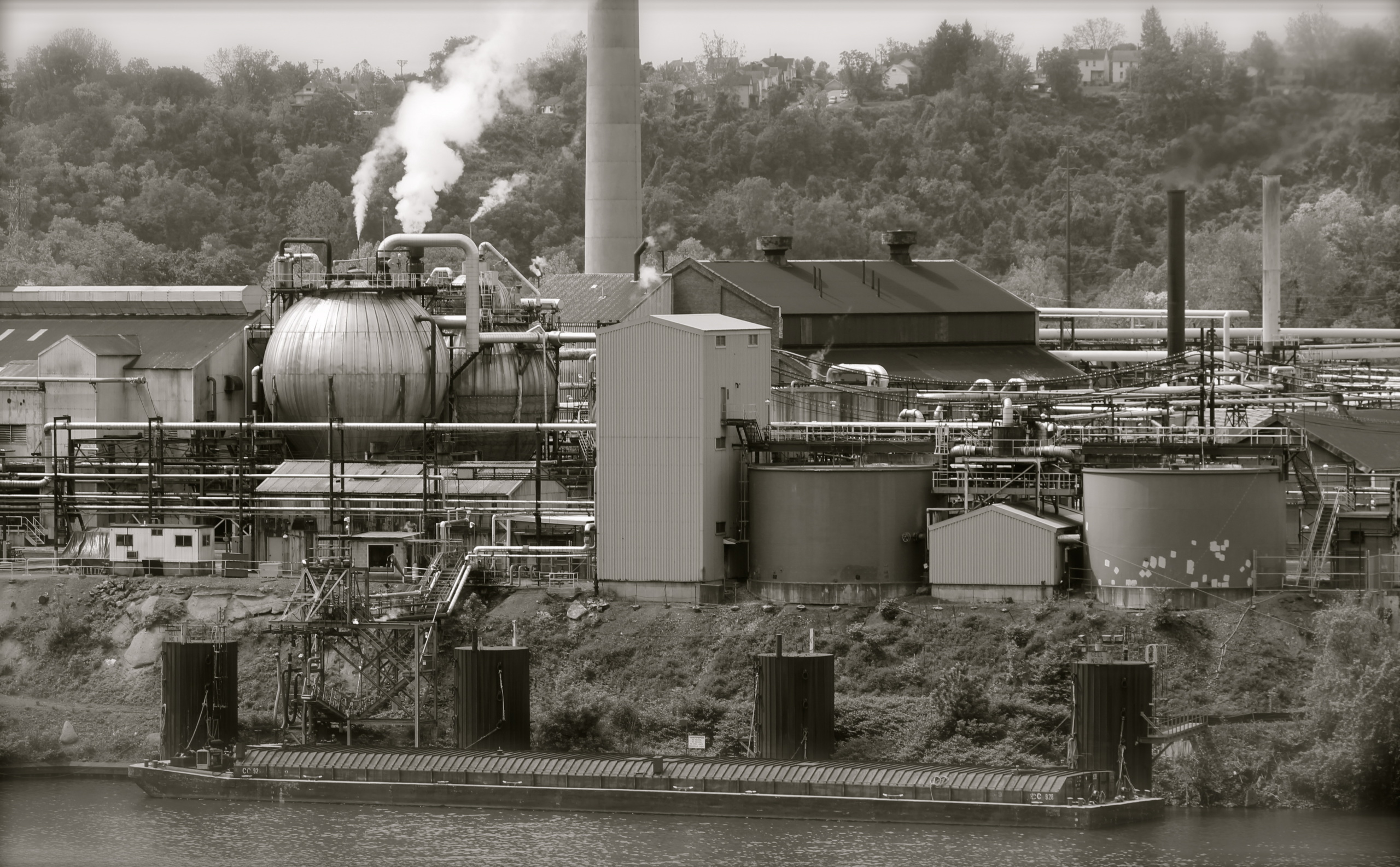
Cleaner air in Steel City

A look back at what our unique network accomplished in 2023
